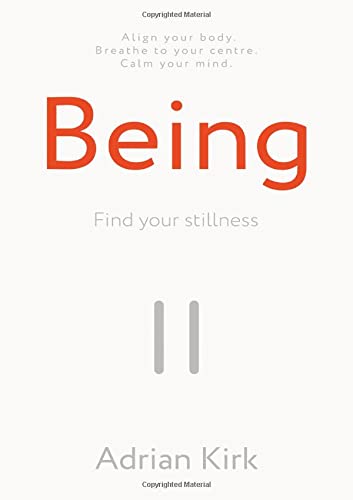I’m just back from spending twenty four hours in Barcelona delivering some ninety-minute sessions on personal impact and presence. But it wasn’t just me; there were six of us trainers delivering different sessions, each focusing on various aspects of communication. There were actors, a dancer, an ex-BBC radio chappie and a guy with a legal background. What a mix. But what struck me as we sat and dined together the night before going live was just how connected we were. It was rather nice to be amongst a group of people who gelled so quickly. As the evening progressed we casually chatted and told stories as we established our credentials and shared what we would be focusing on the next day. Our large consultancy firm client certainly seemed happy she had gathered the right group of people for the firm’s annual conference.
As I listened to the conversation and shared my own thoughts I realised there was a word that united all of us in what we were sharing – and that would unite all our sessions…
Authenticity
Each one of us, in different ways, made reference to the best communicators being the ones who are authentic; the people who are genuine in their reasons for speaking, who have a genuine desire to connect with their audience. The ones who don’t put on a front, but who are true to their reason for communicating.
Why is it then that we all pulled toward this unifying word or type of person? I think it’s because, no matter where we come from, or what our chosen profession may be, we know that we feel more relaxed when we encounter those who are authentic.
Authentic people allow us to relax in their company. And when we relax with others we are more able to relate to them, to hear them and respond to them.
So, how do we become authentic? The short answer is that we don’t; because we already are authentic. In the world of art, if a painting is discovered that may be an old master’s work it goes through a process of authentication; establishing if it’s genuine, if it is ‘real’. The art, therefore, and it is an art, is to be real in how we relate to others, in how we communicate.
But is it acting?
The theatrical types among us in Barcelona referred to the myth that actors are taught to lie, or to pretend to be someone else. Actually, nothing could be further from the truth. Having studied at drama school myself, I can confirm that the actor’s job is to be as real as possible on stage or in front of the camera. Actors aim to connect with what might be stimulating their characters’ emotions, which enables them to understand what motivates the character to say and do what the things that feature in the play or film. With this understanding the actor is able to access the part of them that would say or do what the character does; the actor’s art lies in being able to access this as they play the scene out for an audience. Their purpose is not to be seen as someone acting, but to be witnessed as someone being genuine in their portrayal of what the character is experiencing. This is what allows the audience to believe in what they are witnessing. This is when the audience forgets performance and believes what they see, hear and feel.
So it is in life. When we experience someone being genuine we believe them, be they a politician, someone asking for help at work, or the member of staff in a store who truly seems interested in helping us. We notice when people are being real, when they forget about trying to impress, when their words and actions come from a genuine desire to connect with us in that moment.
It’s my experience that organisations would pay thousands to gain the edge that comes with their people being authentic in their communication. Is it really such a curious thing to become?
How to be authentic
My tip for you is to not think about trying to impress anyone in your style of communication, but to allow yourself to be honest in what motivates you to communicate. Be you in the moment, doing what is important for you to do or say. Be honest in why you want to communicate. But, and always pay attention to this, be considerate in how others will receive the message you are communicating and accommodate them in the way you choose to express yourself.
Just as it isn’t about the actor feeling good, but about how their audience responds to them, you need to be genuine in your communication, but ensure your purpose is to allow others to hear and connect with you.


